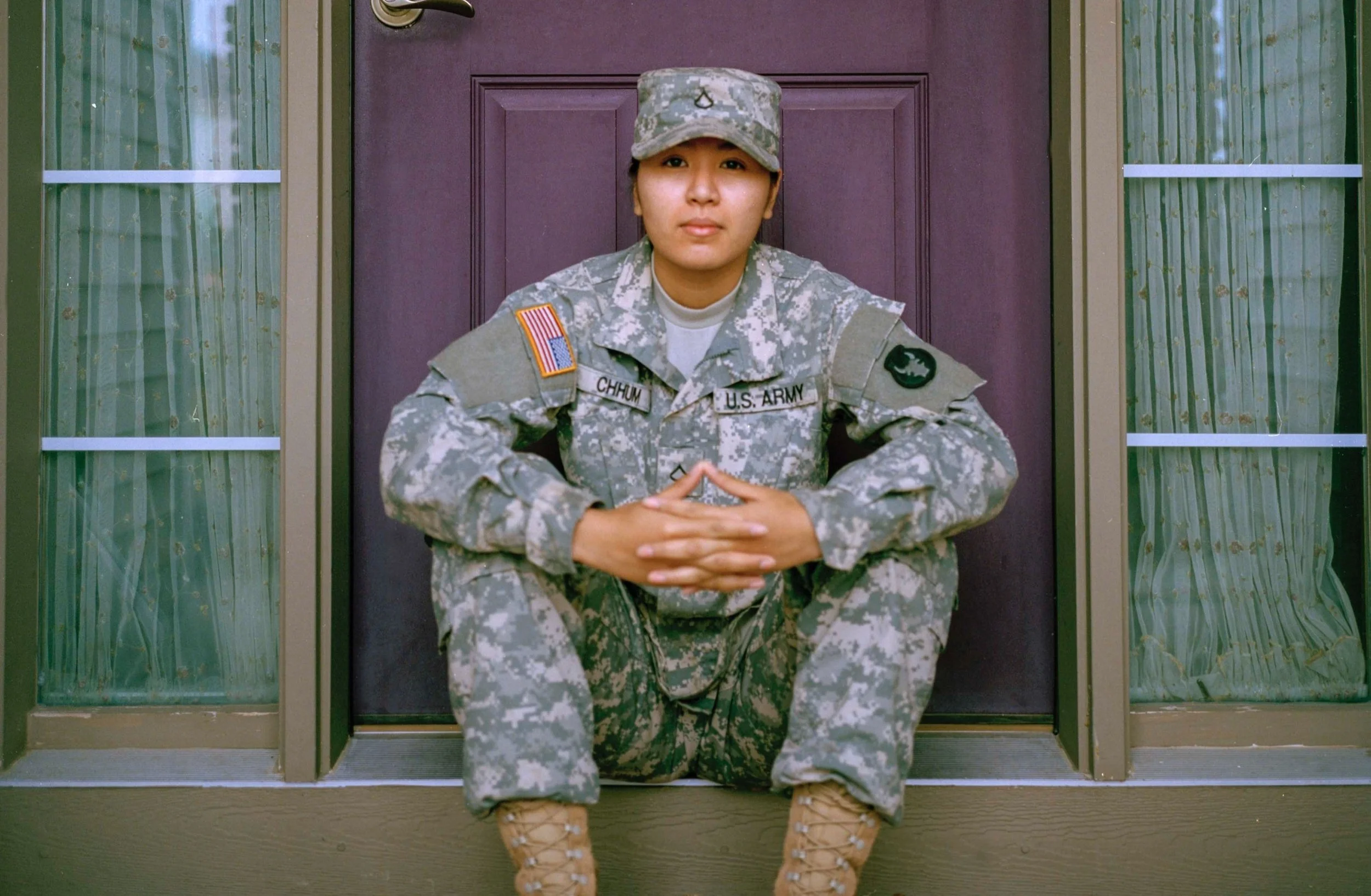Veterans and Stress: The Brain Damage Connection
Honoring those who served this 2023 Veterans Day
Veterans often experience high levels of stress due to their deployment and combat experiences. This stress can build up and lead to damage to the brain, which can lead to traumatic brain injury (TBI) and post-traumatic stress disorder (PTSD).
Deployment Stress
Deployment stress is the stress that veterans experience before, during, and after deployment. It can be caused by a number of factors, including:
Separation from family and friends
Fear of injury or death
Uncertainty about the future
Exposure to violence and trauma
Combat Stress
Combat stress is the stress that veterans experience during combat. It can be caused by a number of factors, including:
Exposure to gunfire and explosions
Seeing people killed or injured
Having to make life-or-death decisions
Feeling responsible for the lives of others
Other Related Stressors
Veterans may also experience other stressors, such as:
Difficulty finding a job after deployment
Financial problems
Relationship problems
Housing problems
Legal problems
How Stress Damages the Brain
Stress can damage the brain in a number of ways. It can:
Reduce the production of new brain cells
Shrink the hippocampus, a brain region that is important for memory and learning
Damage the prefrontal cortex, a brain region that is important for decision-making and impulse control
Disrupt the communication between different parts of the brain
TBI and PTSD
TBI and PTSD are two of the most common mental health conditions affecting veterans.
TBI is a brain injury that is caused by a jolt or blow to the head. It can cause a variety of symptoms, including headache, dizziness, nausea, vomiting, fatigue, memory problems, and difficulty concentrating.
PTSD is a mental health condition that can develop after exposure to a traumatic event, such as combat. Symptoms of PTSD can include anxiety, depression, nightmares, flashbacks, and avoidance of triggers.
SPECT Brain imaging scan of TBI/PTSD inflicted Veteran. Red is blood vessel growth
HBOT for PTSD
Hyperbaric oxygen therapy (HBOT) is a safe and effective treatment for PTSD. HBOT involves breathing pure oxygen in a pressurized chamber. The increased oxygen pressure helps to improve blood flow and oxygen delivery to the brain while decreasing inflammation. This can help to heal damaged brain tissue and improve brain function.
HBOT has been shown to be effective in reducing PTSD symptoms, such as anxiety, depression, and nightmares. It has also been shown to improve cognitive function and quality of life in people with PTSD.
HBOT is the gold standard of treatment for PTSD. It is a safe and effective treatment that can help veterans to heal from their trauma and live full and productive lives.
If you are a veteran who is struggling with PTSD, talk to our Doctors at Clarity Hyperbarics about HBOT. It may be the right treatment for you.
Thank you to all of those who served and all who our currently serving.
-Clarity Team






